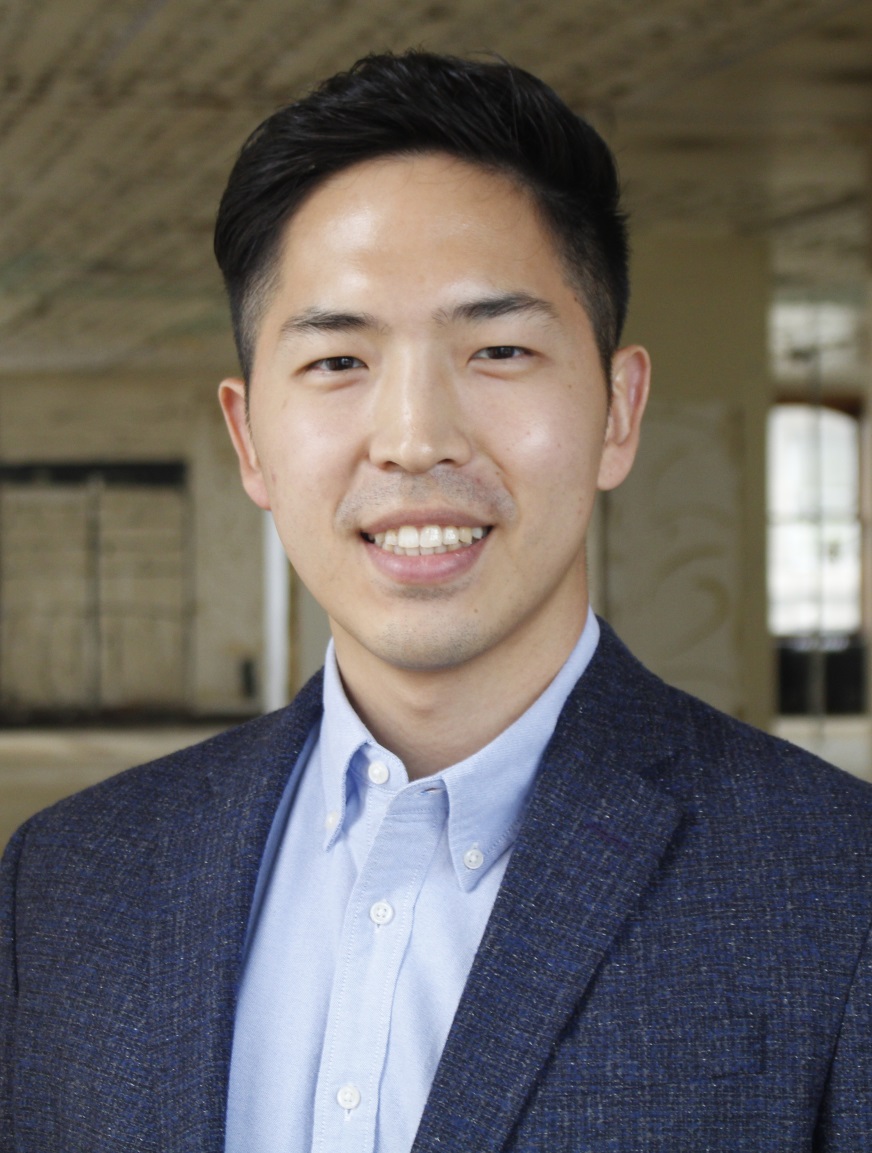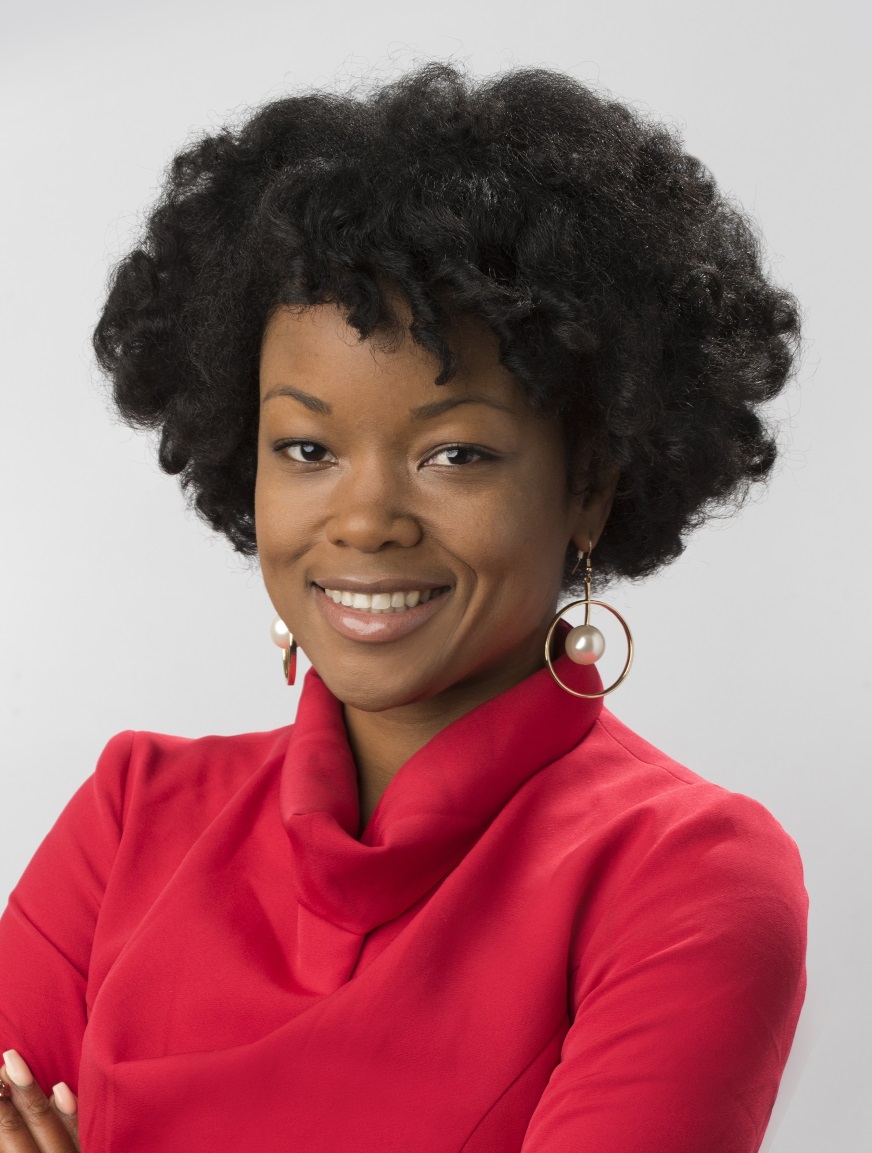Social entrepreneurship event explores how to structure businesses for maximum social impact
A nationwide group of social work professionals, educators and students recently gathered online for a continuing education webinar "Which Legal Structure is Right for my Social Venture?" sponsored by the Social Entrepreneurship Committee at the School of Social Work at Wayne State University and the Network for Social Work Management.
"Although we do not typically call ourselves entrepreneurs, social workers have a long history of starting social ventures that address unmet needs in a community dating back to the Settlement House Movement," notes Marijo Upshaw, MSW, MBA, adjunct faculty at the School of Social Work and the Mike Ilitch School of Business at Wayne State University (WSU). Upshaw, who teaches courses at the University on Social Entrepreneurship, relates, "Legal entity selection is one of the most important decisions a social entrepreneur makes in the early development of their social venture. There are many key variables in decision-making about how to best legally structure your social venture to achieve maximum social impact."

Webinar presenters included attorneys Shanika A. Owens, JD, an associate based in the Detroit office of Butzel Long, who focuses her practice on corporate governance, real property and regulatory law and Albert Pak, JD, MPA, a former Skadden Fellow and former attorney at Michigan Community Resources, where he helped small businesses and nonprofits access transactional legal services.
In years past, entrepreneurs who wanted to start a venture to do good had limited choices around entity selection, but now new models exist. "In order to maximize impact for all stakeholders, an increasing number of mission-minded businesses are looking beyond 'traditional' corporate forms," stated Pak. "Our goal is to make sure that these businesses are aware of the options available to them and choose the best path forward." Owens and Pak highlighted the strengths and limitations of the "Entity Universe" including sole proprietorships, partnerships, corporations (including nonprofit corporations) and LLCs, as well as newer models like L3Cs, benefit corporations and hybrid nonprofit/for-profit models. Decision variables that impact a social entrepreneur's choice of entity structure were discussed including ownership, governance, liability, raising capital, and taxes. "In today's climate, entities are often judged based on several factors not limited to market cap or bottom line, but how the entity is engaged with the consumer and the impact that the business has on the society at large," noted Owens. "With this, I suspect a steady increase in the emergence of social enterprises."
Any time the conversation moves beyond the numbers and into the impact that enterprises have on the society, it is not only good for business, but it is good for the ecosystem. - Shanika A. Owens, JD, Butzel Long Detroit Office Associate

Owens and Pak presented several case studies of social ventures with alternative business structures including Pizza Plex in Southwest Detroit, a L3C business with a social purpose mission of providing healthy food options to consumers, keeping their prices low, supporting local farmers, promoting composting and recycling, and providing space for community gatherings. Another social enterprise featured was Greyston Bakery in Yonkers, New York with a hybrid nonprofit/for profit entity that employs individuals who have experienced challenges to entering and maintaining employment. Greyston's tagline is "We don't hire people to bake brownies, we bake brownies to hire people." The social venture pioneered an "open hiring" model that addresses barriers to employment like past criminal records. Greyston's signature brownies can be found in Ben & Jerry's gourmet Chocolate Fudge Brownie ice cream.
The webinar was part of the WSU Social Entrepreneurship Committee's mission to provide opportunities for the development of social entrepreneurship knowledge, skills and abilities education, and training for key stakeholders including social work professionals, students and alumni. Joining WSU School of Social Work to sponsor the event was the Network of Social Work Management (NSWM), an international organization focused on advancing social work management and leadership.
Owens and Pak graciously volunteered their time to educate participants. The event raised $700 in registration proceeds that will be donated to Michigan Community Resources (MCR), a nonprofit organization based in Detroit. MCRs mission is to advance Michigan nonprofit organizations that serve under-resourced individuals and communities through pro bono and low-cost legal and other professional services, organizational development and trusted guidance. Among their many services, MCR provides legal and business clinics for nonprofits and small business owners.
Learn more about the Social Entrepreneurship Committee and upcoming events, including "Hurt Economies Hurt People: How to Build Economies that Heal" on May 4, 2021.